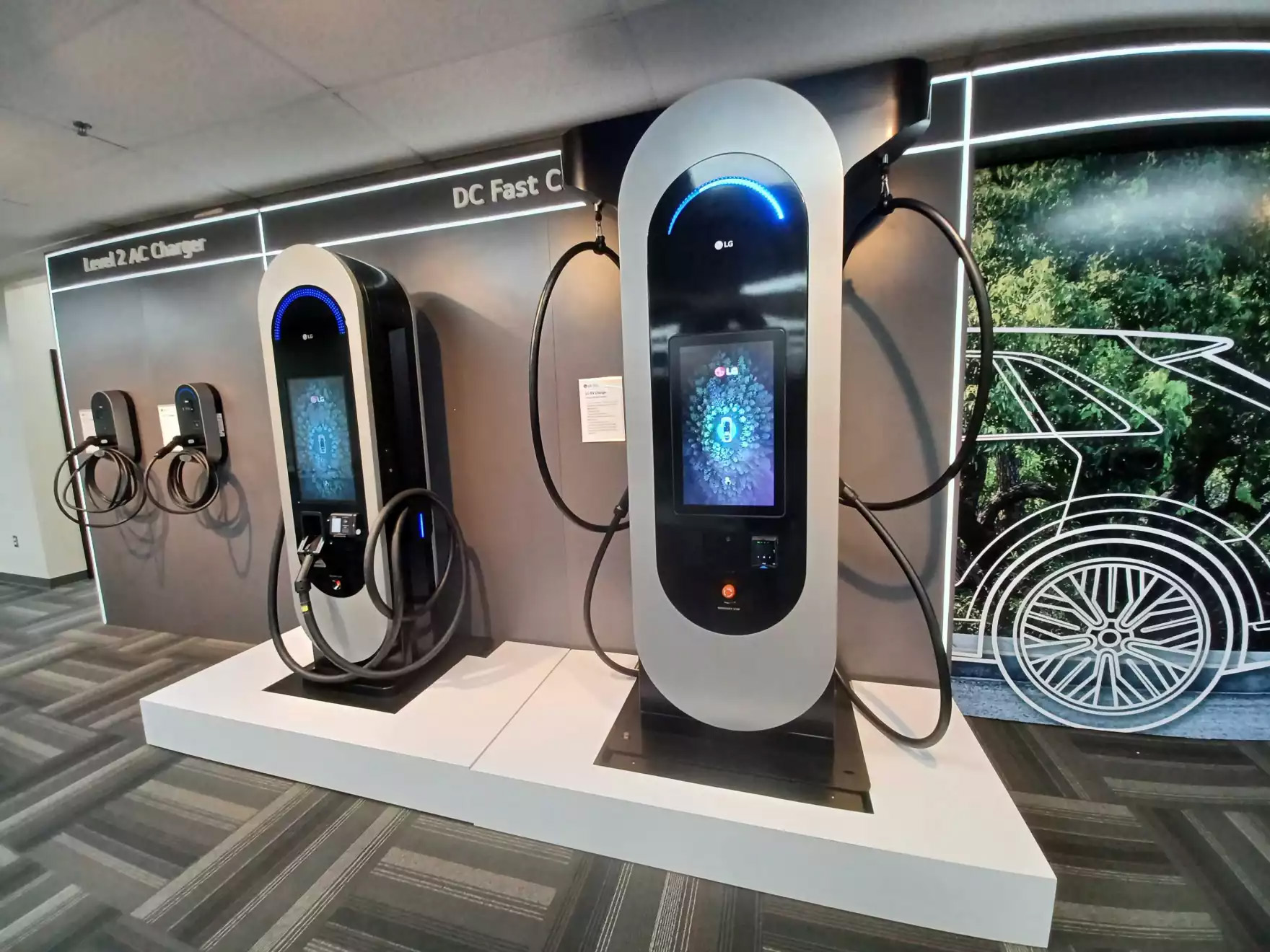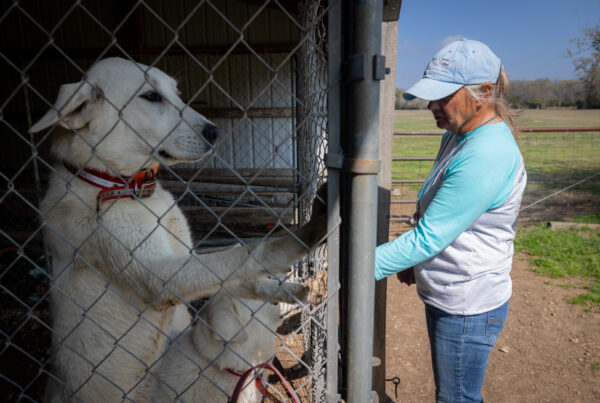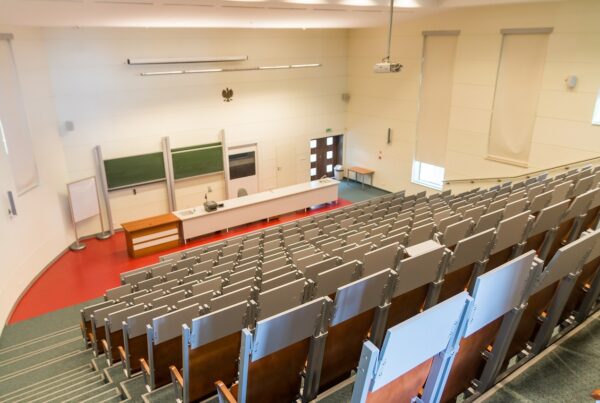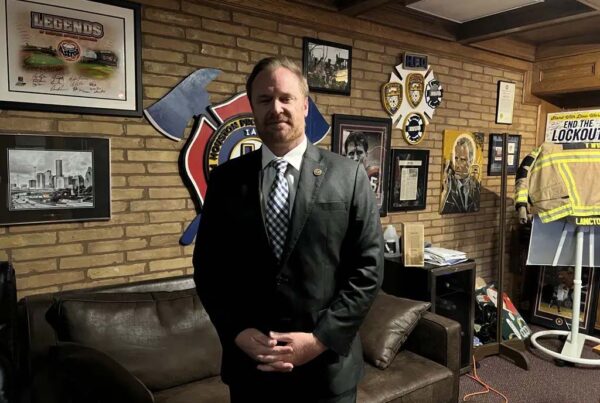From KERA News:
The entrance to the offices of LG Electronics in Fort Worth was abuzz with employees and visitors on a windy Friday morning in January.
The company known for making typical household electronics like TVs and cell phones is now in the business of building electric vehicle chargers. Business executives, local leaders and reporters were here to see the company’s brand new state-of-the-art EV charger factory.
It’s the first LG factory in the country of its kind.
“What you’re looking at is our first entry of a level three charger, DC ultra-fast charger in the United States and the product will be manufactured in this facility here in Fort Worth, Texas, and it will be available later on this year,” said Mike Kosla, senior vice president of U.S. sales.
Kosla said this factory is the final assembly site for new EV chargers that will be shipped across the country.
It’s an important part of the larger fabric of EV infrastructure that’s currently being woven across North Texas and beyond. The Bureau of Labor Statistics estimates as many as half of all vehicles sold in the U.S. will be EVs by 2030.















